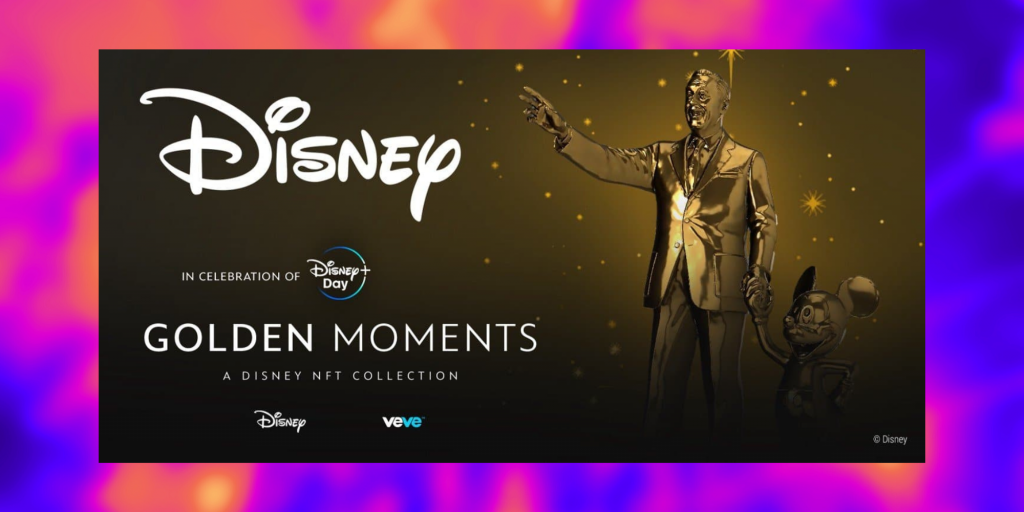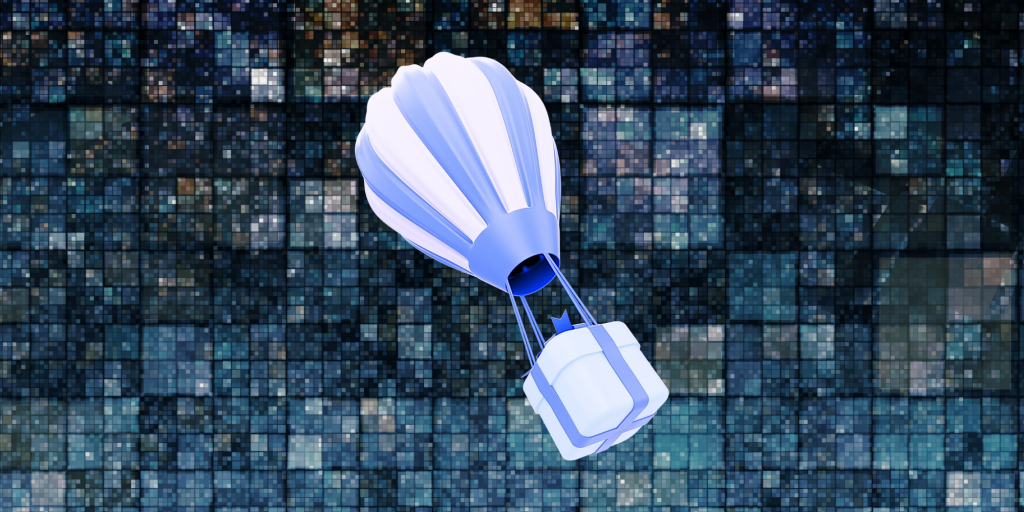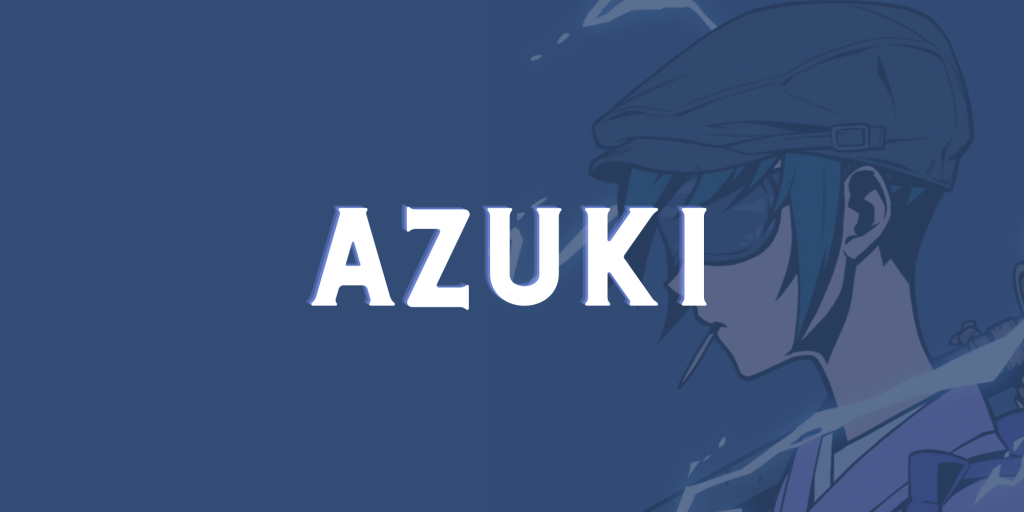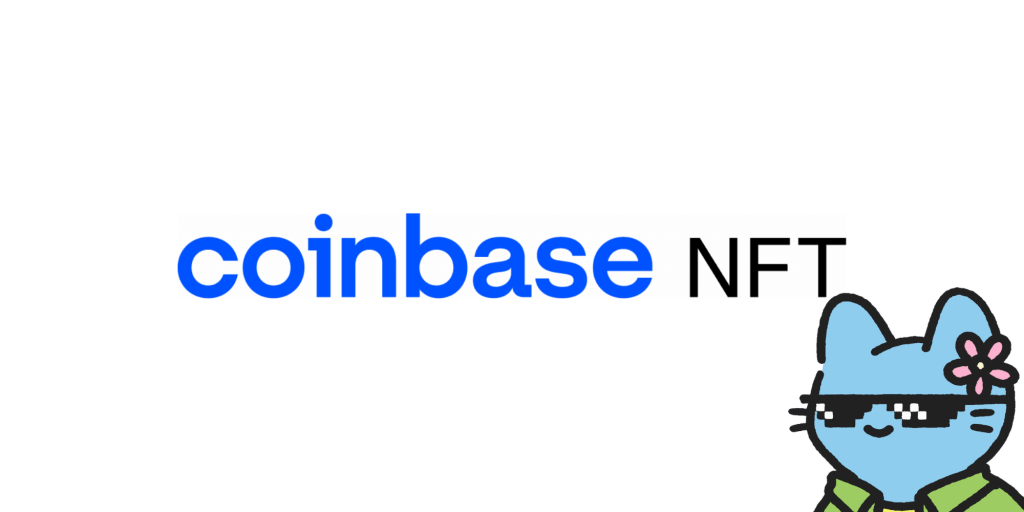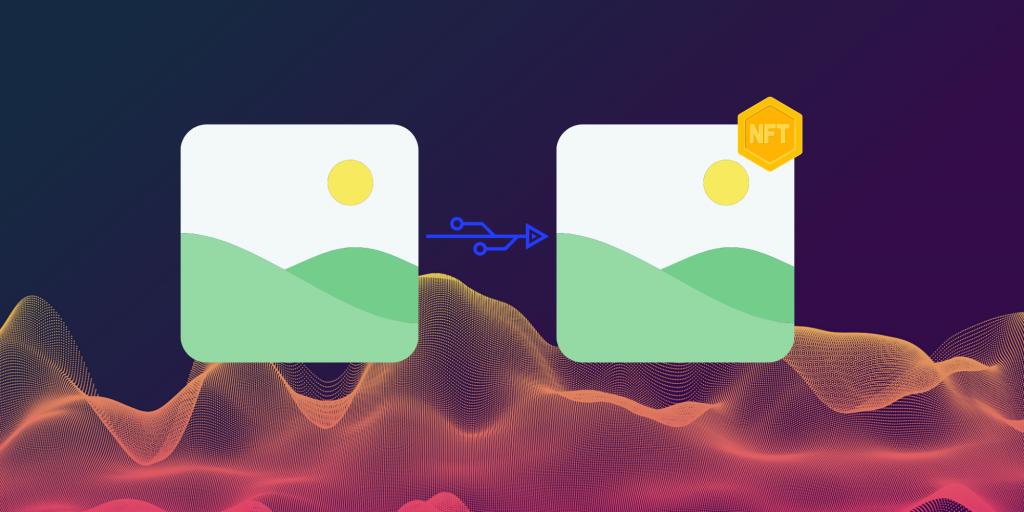A POAP (Proof of Attendance Protocol) is a unique NFT badge given to an attendee of a real-world or virtual cryptocurrency event.Â
Pronounced “poh-ap,” POAPs are used by crypto enthusiasts to record their experiences in the crypto space. They’re created as ERC-721 tokens (standard for NFTs) and must meet specific criteria to be classed as a POAP. These include:
- Being minted through an official POAP smart contract
- Containing metadata related to a specific time or date, up to 1 year in length
- An image associated with the NFT
The following article will cover what a POAP is, why POAPs are worth collecting, their benefits, how to claim and set up POAPs, and how Sushi have used a POAP in their community.
How Does a POAP Work?
Originally minted on the Ethereum mainnet, POAPs are now created and distributed on Ethereum’s sidechain, xDai. xDai lets users mint NFTs at a meager cost, allowing projects to distribute them for free to show attendance at an event.
Upon attending an event, an individual can claim their POAP to show proof of attendance. The way you claim will depend on the event, which we’ll dive into later.
Although created on xDai, POAPs can be moved to Ethereum, which isn’t desirable due to the fees involved.
Why Collect POAPs?
Crypto collectors use POAP badges to show off the many events they’ve been to, though collectors now use them to gain financial and community perks. For example, Bankless DAO rewarded investors who claimed Bankless POAPs by airdropping tokens into their wallets. The more POAPs they’d argued, the more tokens they’d receive.
Crypto enthusiasts are also using POAPs to create a blockchain-style resume. In everyday jobs, employers will look at your resume to determine if you have the experience for a particular job. In the crypto world, projects are now using POAPs as a transparent way to view and track applicants within their own communities. For example, when someone wants a job within a DAO.
Benefits Of a POAP
Privacy
TV series such as The Great Hack have recently shown how much companies like Google use our data. Unlike social media and traditional search engines, the decentralized nature of POAPs lets people show proof of attendance without needing to give up too much personal data. For example, an individual can show proof of attendance at an event without revealing their name, address, or contact details.

Easy List Segmentation
Managing any event (physical or digital) requires a lot of work, especially when it comes to communicating with attendees. Instead of using email to manage huge subscription lists, organizers can use POAPs to break down email lists into different segments. For example, individuals already have one POAP or those with POAPs for particular events.
Potential To Become Collectors Items
Valuable collector items can be seen in just about every industry. Baseball cards, signed shirts, balls from sports events, the list goes on. POAPs have the potential to gain value based on the historical legacy of an event they’re tied to; imagine proving you went to the first Bitcoin conference.
How Can You Claim a POAP?
Claiming a POAP is easy and will depend on the type of event. Here are the three main options.
Batch delivery: This is when individuals enter their Ethereum wallet address during the signup process. The event organizer will then automatically airdrop the badge to them.
Manual delivery: This is when an organizer scans your wallet QR code at a physical event and sends the POAP badge over.
Self claim: When attendees claim their POAPs using a decentralized application. During this process, you’ll be sent instructions on how you can make your claim.
The most popular claiming options are batch and manual deliveries. Always use your Ethereum wallet when claiming POAPs, as they’re incompatible with other options.
Once you’ve received your POAP it can be seen on any interface supported by Etherscan or OpenSea. Simply type in your Ethereum wallet address or link the page to MetaMask, WalletConnect, or Portis.
You can also view your POAP through the POAP App, which can be found in the Apple and Android stores. Once you’ve connected your wallet, you can showcase your POAP on social media platforms, including Twitter, Reddit, and Telegram.
How To Set Up a POAP
Here’s how you can set up a POAP if you’re hosting an event.
- Start by creating a graphic file in PNG or APNG format under 200 KB in size. The suggested dimensions are 500 x 500 pixels with a round shape.
- Head to the POAP BackOffice. Click “Manage Drops” and the “Create new POAP” button on the right.
- You’ll be redirected to a page where you can fill out the information for your event and the POAP. This includes your website, how long the occasion is, and how many “mint links” you want. Ensure the number of links equals how many people you want to attend.
- Once you’ve filled out your details, you’ll receive an email with your claim codes and a POAP edit code. This can be used if you want to make any changes to your event.
- Now you have the POAPs ready to send to attendees.
How Sushi Is Using POAPs
SushiSwap AMA host 0xTangle has discussed using POAPs in the Suhi community to build blockchain résumés. Though not yet implemented, the idea has gained some traction throughout the community. Many members agree that using a POAP would be great for determining an applicant’s involvement within a community. For example, when hiring people into a DAO, using a POAP would make sure that the person is working in alignment with the organization’s goal instead of for personal gain.
Final Thoughts: Can a POAP Determine Decentralized Identities?
Since moving to xDai, the use of POAPs has grown dramatically throughout the crypto world; however, their potent cases have huge potential. Current services have only scratched the surface of what is possible, collected amongst a small group of crypto enthusiasts.
Nonetheless, POAPs have the potential to redefine identity in crypto. They can measure community engagement, show users’ dedication to a project, and help organizers manage events.
For this to happen, issuers must ensure attendees only get one POAP per event, and non-attendees cannot beat the system. As the demand for crypto increases, we’ll likely see more use cases for POAPs, with each release increasing the strength and validity of all collections and digital identities.Â
For more information, check out the POAP technical documentation here.

